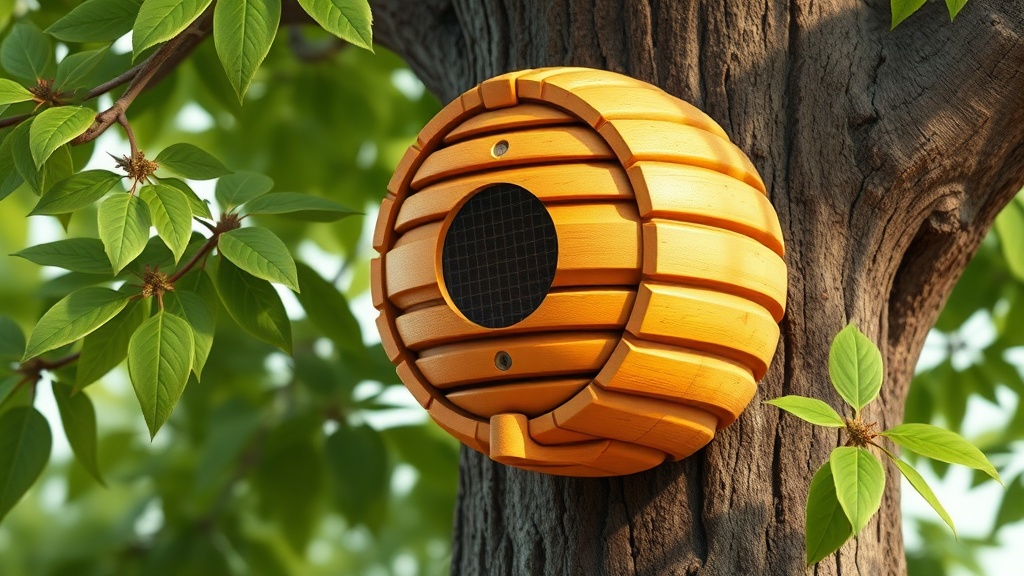Home / Environment / 3D Printed Hives Offer Lifeline for Scotland's Endangered Honeybees
3D Printed Hives Offer Lifeline for Scotland's Endangered Honeybees
18 Oct
Summary
- Scots charity develops 3D printed bee hives to provide homes for wild honeybees
- Hives made from hemp and potato starch can host 30,000-50,000 bees each
- Wild honeybees recently classified as endangered for the first time

In a critical effort to save one of Scotland's most beloved and important creatures, a Scottish charity has developed an innovative solution using 3D printing technology. Just last week, the wild honeybee was officially classified as endangered for the first time, underscoring the urgent need for action.
The Edinburgh-based Lacrima Foundation is now pioneering the mass production of 3D printed bee hives that closely resemble the natural hollow logs where wild bees form their colonies. These eco-friendly hives, made from a paste of hemp fibers and potato starch, can each host between 30,000 and 50,000 bees. The charity aims to print millions of these hives for distribution around the world, providing much-needed new homes for the threatened pollinators.
Bees play a crucial role in the global food supply by pollinating plants, and their decline poses a serious threat to humanity. The Lacrima Foundation's innovative approach offers a promising solution to the problem of widespread habitat loss that has endangered wild honeybees. With the mass production of these 3D printed hives now underway, there is hope that this technology can help secure the future of these vital insects.




